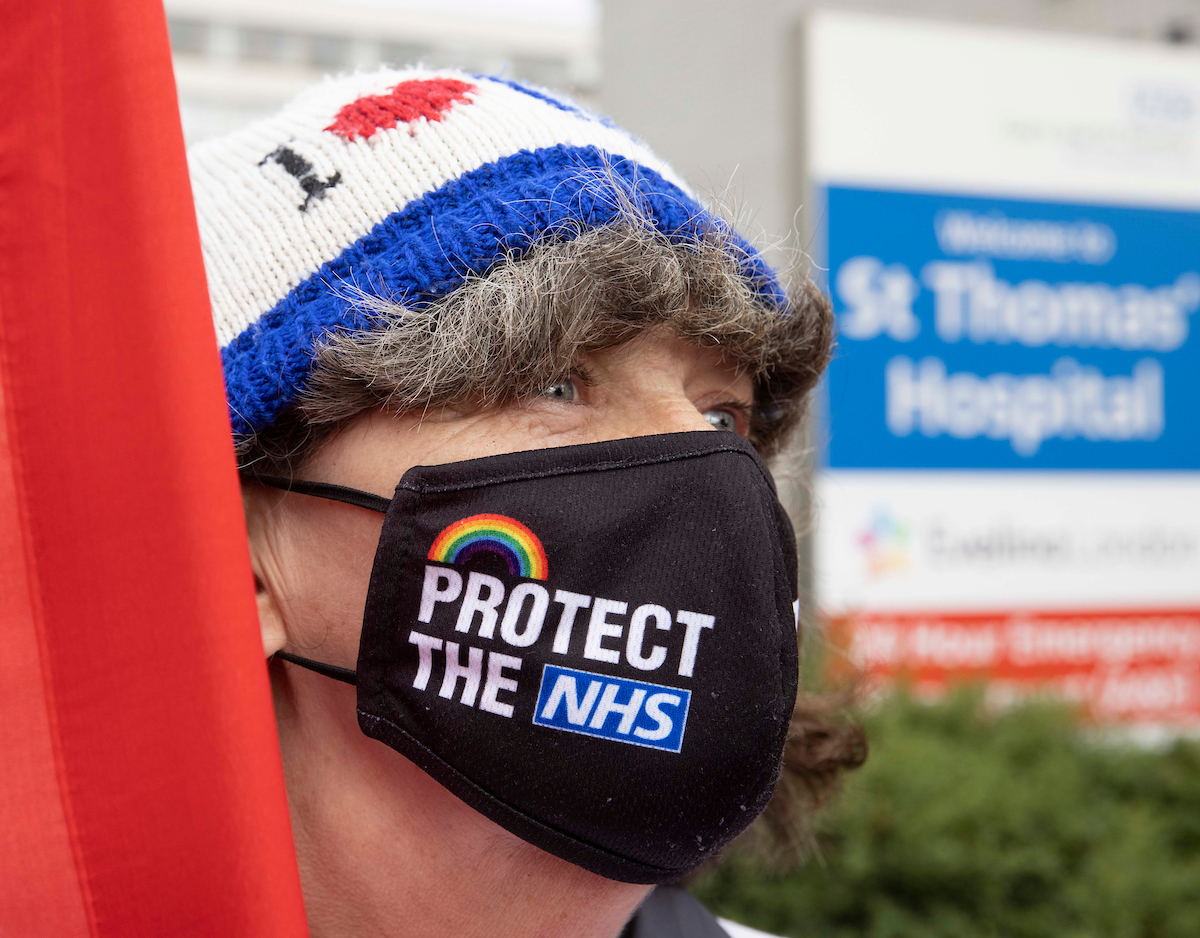No bonus for NHS lifesavers
As UNITElive reported last year, NHS workers risked their lives – many of them travelling thousands of miles over Christmas – to help fight Ebola, a disease that ravaged West Africa, killing more than 10,000 people.
Against all odds, and thanks to volunteers the world over, Ebola has finally been contained, with the outbreak declared officially over last month on January 14.
UNITElive spoke to four Unite members last year who participated in the unprecedented global mobilisation of health workers that helped stop the deadly virus in its tracks, including Adrian Atterbury, a biomedical scientist from Brighton and Sussex Hospitals University Trust.
While 250 staff from Public Health England (PHE), including the Defence Science and Technology Laboratory (DSTL) and Public Health Wales (PHW), were given a ÂŁ4,000 bonus payment for their work in Sierra Leone, Atterbury, along with 200 other NHS volunteers, were inexplicably denied the payment.
Gross inequality
Unite is now calling for this gross inequality to be rectified.
Chair of the Unite healthcare sciences national committee Ian Evans has twice written to Justine Greening, MP for Putney, on this matter, but has yet to receive a reply.
“There was recognition that colleagues who worked over the Christmas (of 2014) would receive a one off financial payment,” said Evans in his letter. “This later became a payment for all PHE employees and, after a prolonged negotiation, also to PHW staff that were deployed to Sierra Leone.
“However, there was a caveat attached that these payments would be for PHE, DSTL and PHW colleagues only,” he added. “This has resulted in a situation where the aforementioned scientists will receive over £4,000 more than volunteers from the NHS and academia who are of equal merit and who are qualified and trained to the same level.”
Adrian Atterbury explained that calling for the payment to be made to him and his colleagues was a “tricky situation”.
“On the one hand, none of us – not for one minute – signed up to go to Sierra Leone because of any financial compensation we might receive,” he said. “Of course, it did grate a little when we found out we weren’t going to get the bonus payment, but it’s not even something that I really thought about fighting for until Ian [Evans] brought it up.”
But now, Atterbury noted, he realises why it’s so important to stand up for what’s fair.
“It’s important to fight this inequality because it is just that – an inequality – and all injustices should be challenged whenever possible,” he said. “We were doing the exact same jobs and trained at the exact same level.”
Government attitude
“I also see this as part of the government’s attitude toward the NHS – our concerns and wellbeing are constantly being dismissed,” he said. “The campaign is not about the money; it’s about the principle of the matter.”
Ian Evans – a volunteer who is due to travel to Sierra Leone again next month for four weeks to help set up a â€legacy’ centre in preparation for another possible outbreak of Ebola, using his annual holiday entitlement – also emphasised that “colleagues who volunteered to be deployed did not do this because there was a financial incentive”.
“But,” he added in his letter to Putney MP Justine Greening, “this does not excuse a two tier payment scheme.”
“We believe that all volunteers, who were deemed suitable by PHE and trained by the Novel and Dangerous Pathogens team at the Porton Down facility, should be remunerated in the same manner,” he argued.
Atterbury highlighted the importance of having a union that stands up for its members, especially when members may be reticent to stand up for themselves.
“I am enormously grateful to both Ian and Unite for campaigning on our behalf,” he said.
 Like
Like Follow
Follow

